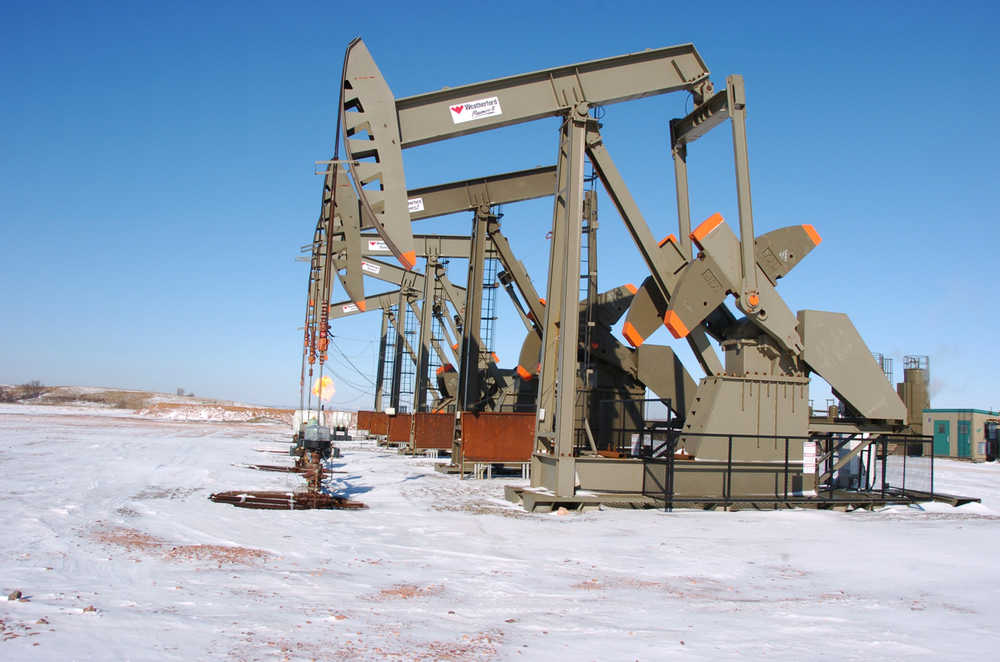BILLINGS, Mont. — U.S. officials announced plans Thursday to speed up permitting for oil and gas drilling on federal and Indian lands to reduce delays, as applications were projected to be down 40 percent versus their historical average amid an ongoing price slump.
Low energy prices already have curtailed domestic energy exploration, driving down revenue. That’s put a crimp in budgets for the major energy producing states, including Wyoming, New Mexico, Colorado, Alaska, North Dakota and Montana, which receive a substantial share of revenue from oil and gas activity on U.S. lands.
In an attempt to streamline drilling approvals and reduce costs for companies, U.S. Bureau of Land Management Director Neil Kornze said all drilling applications would have to be filed online under the new proposal.
The move follows years of criticism from the energy sector over the Obama administration’s handling of drilling applications. Companies say lengthy delays have driven up costs.
Online-only permitting would allow 90 percent of drilling applications to be completed within 115 days, bureau spokeswoman Beverly Winston said. The average time in 2015 was 220 days.
“The new system is a big improvement over the current, hard copy-based application system,” Kornze said in a statement.
Industry representatives welcomed the attempt to make permitting more efficient and said they have worked with Kornze’s agency to fix glitches that emerged in the automated system in the past few months.
But Kathleen Sgamma with the Western Energy Alliance voiced doubt about the potential time savings. She said the long time to process permits is driven in part by environmental studies and other requirements not counted in the administration’s 220-day processing average.
As an example, she said a drilling application could be filed in January, but surveys of whatever plants are present at the site might have to be done during the summer when the plants are blooming. The intervening months are not included in the government’s processing time estimates, she said.
“We’re a bit skeptical that the (automated) system will result in significant time savings,” Sgamma said. “Generally companies avoid public lands if they can, because they know there’s no certainty on getting through all the leasing.”
It’s uncertain how much the move could stimulate new exploration, which is driven predominantly by oil and gas prices that have fallen dramatically over the past two years.
Oil was selling for less than $43 a barrel Thursday on international markets, versus more than $100 a barrel as recently as mid-2014.
Royalties, rents, bonus payments and other government revenue from oil, natural gas and natural gas liquids topped $12 billion just two years ago.
That figure dropped below $9 billion in 2015. Onshore production from federal lands and American Indian reservations held under government trust accounted for about half the amount.

